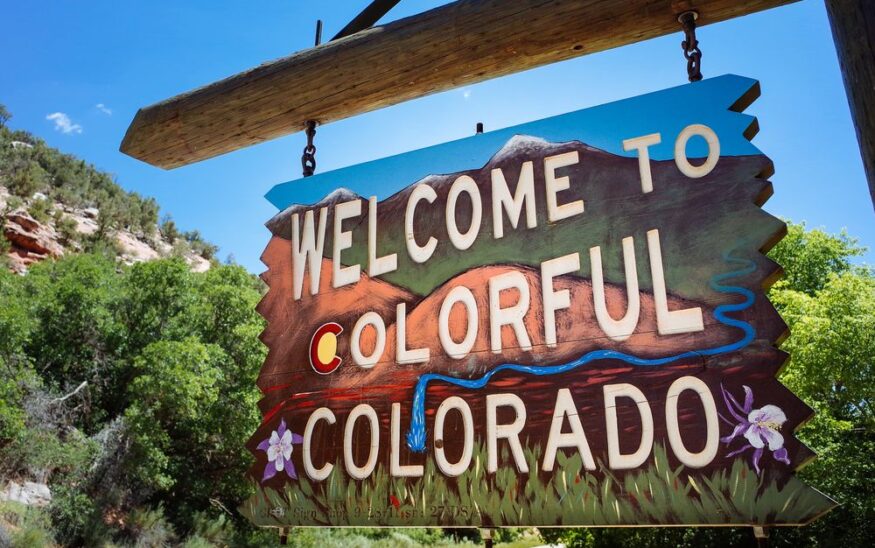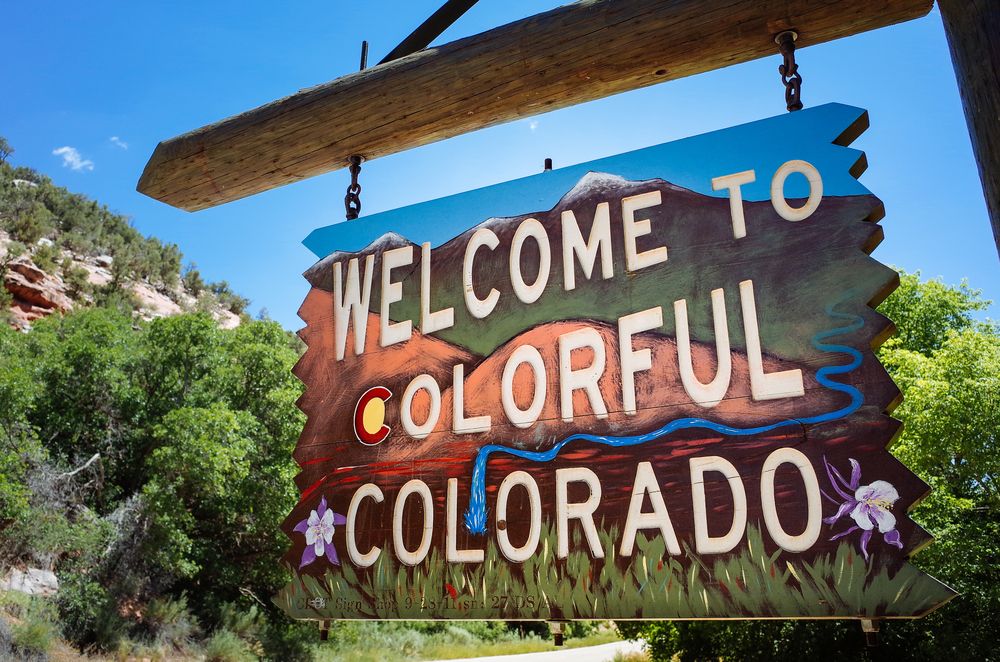Time to Teach Colorado Tourists How to Behave
An edgy little video aims to educate visitors to the state
Suzie Romig //April 23, 2019//


Time to Teach Colorado Tourists How to Behave
An edgy little video aims to educate visitors to the state
Suzie Romig //April 23, 2019//

With an estimated 85 million visitors coming to Colorado each year, and half of those guests taking advantage of the state’s great outdoors, a little “Colo-Ready” education might be in order.
In October, the Care for Colorado joint educational initiative between the Colorado Tourism Office and Boulder-based nonprofit Leave No Trace Center for Outdoor Ethics released a funny, slightly edgy animated musical video to teach Colorado visitors how to behave. Within two weeks, the video had 56,000 online views.
“We were really looking for catchy ways to share the messaging that would inspire others to share the message themselves,” State Tourism Director Cathy Ritter says. “We wanted it to become a fun way to remember the behaviors we want people to embrace in our state.”
The Care for Colorado video offers a state-specific twist on national “Leave No Trace” principles and was inspired by a “Dumb Ways to Die” viral video from Metro Trains in Australia. The Colorado video was created by Denver-based Practice Studios, which has worked for “Sesame Street.”
The seven care principles include: know before you go; stick to trails; leave it as you find it; trash the trash; be careful with fire; keep wildlife wild; and share our trails and parks. The video’s crazed, habituated chipmunk and cartoon tourist who ignores the caution “The Rocky Mountains don’t have rails” may be funny, but the song presents serious messages such as preventing wildfires and preserving water quality.
This spring, the initiative is expanding outreach efforts and partnerships including working with the Colorado Hotel & Lodging, Colorado River Outfitters and Colorado Dude and Guest Ranch associations to share the video with more visitors before or as they start trips. The video, for example, could show up as a link at the bottom of reservation confirmations or be shown along with safety videos before raft trips.
“Our goal is to address some of the concerns Coloradans have expressed about the impact on the environment,” Ritter says. “The outdoors is our calling card in Colorado, so we in tourism are standing at the head of the line to protect that resource.
























